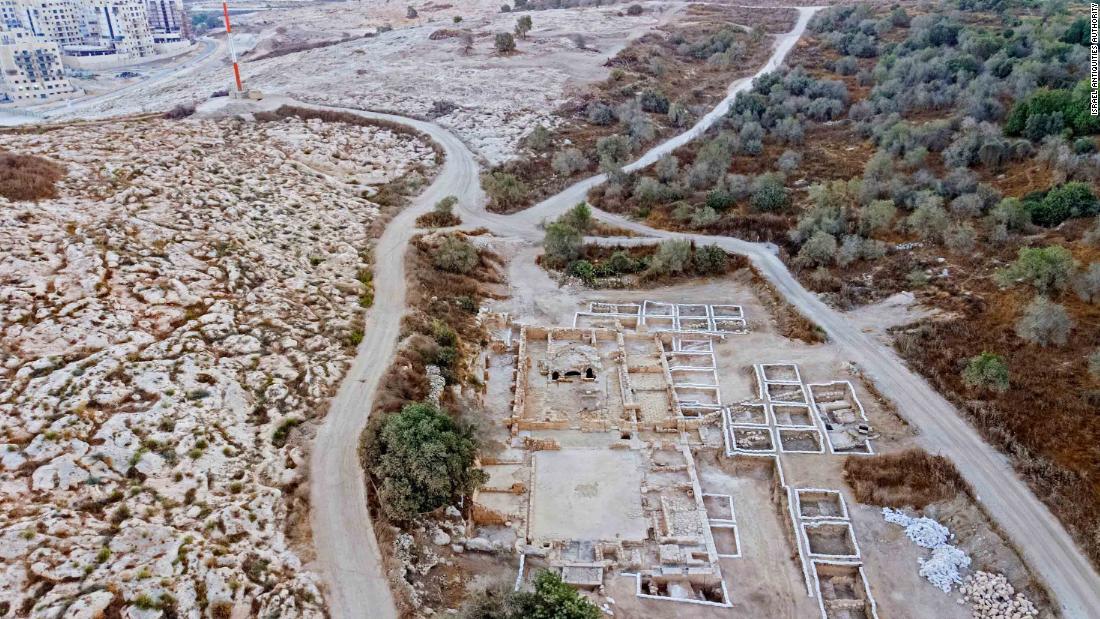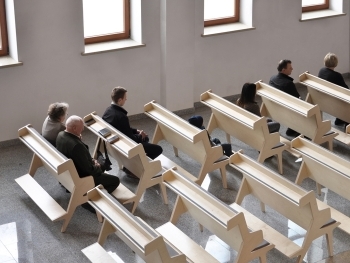Jerusalem is a city steeped in history and religious significance. It is considered one of the oldest cities in the world, with a history that dates back over 3,000 years. Throughout its long and complex history, the city has been shaped by many different civilizations, from the Israelites and Persians to the Greeks and Romans.
The city's historical significance is due in large part to its role as a spiritual center for Judaism, Christianity, and Islam. Jerusalem is home to many important religious sites, including the Western Wall, the Church of the Holy Sepulchre, and the Dome of the Rock, among others.
But beyond its religious importance, Jerusalem is also a city rich in cultural and architectural heritage. The city's ancient walls, sprawling palaces, and intricate water systems are all testaments to the great civilizations that once inhabited the area.
One of the most significant archaeological discoveries in Jerusalem was the uncovering of the City of David. This ancient city was built by King David in the 10th century BCE and served as the capital of Israel for over 400 years. Today, visitors can explore the City of David and see its magnificent structures, including the impressive Warren's Shaft and Hezekiah's Tunnel.
Another important historical site in Jerusalem is the Tower of David. This ancient fortress was built in the second century BCE and has served many different purposes throughout its long history, from a palace for Herod the Great to a prison during Ottoman rule. Today, the Tower of David is a museum that offers visitors a glimpse into the city's rich history.
Jerusalem's ancient water systems are also a marvel of engineering. The city's residents built elaborate tunnels, reservoirs, and aqueducts to bring water into the city and distribute it to its inhabitants. These systems, many of which are still in use today, are a testament to the ingenuity and resourcefulness of the ancient people who lived in the city.
In recent years, archaeologists have made many new discoveries in Jerusalem, including a complex of underground chambers and tunnels beneath the Western Wall. These chambers, which date back to the Second Temple period, are believed to have served a variety of purposes, from storage to ritual baths.
As we continue to uncover the mysteries of ancient Jerusalem, we gain a deeper understanding of the city's rich and complex history. From its ancient walls and palaces to its elaborate water systems and religious sites, Jerusalem is a city that continues to fascinate and inspire people from all over the world.




